How can we help our children to catch up in the early years?
Great article ‘How can we help our children to catch up in the early years?‘ published in NMT latest issue to see the full article
click here. (Page 40-42)
SOURCE: Nursery Management Today (NMT)
Road to recovery after covid
How can we help our children to catch up in the early years
Heather Welch International Brand Manager, Edx Education
Moving forward the government is determined to keep educational institutions open, however many challenges flay ahead for nurseries, schools, teachers, families and children ahead.
Our children have been trying to keep up with all that’s going on as their world was turned upside down. As parents & caregivers, we have had to navigate what learning from home entails. During the lockdown, we have heard many creative stories on how to keep children entertained ‘learning from home’ from indoor obstacle courses, great den building in the living rooms, painting in the bathrooms to save on the mess or just not enough space! The immediate future may look different to life last year with limited social bubbles, plenty of handwashing, being careful with social distancing rules, however, children are excited to see their friends, teachers and have routines back in their lives.
There are lots of discussions at the moment with many educational and medical professionals fear the increase in children’s mental health issues, especially for the more vulnerable children, and the possible long-term effects of lockdown. Even the broadsheets and broadcasters are quoting the respected journal, The Lancet Child & Adolescent Health, saying that there are long-term consequences for children and adolescents not seeing their peers during this period. when it comes to early years, it’s not about playing catch-up, it’s about continuing to play, or as we like to say learning through play.
As the new school year gets underway ‘play’ is perfect for helping children feel confident. Dr Cindy Hovington, founder, Curious Neuron, quoted in a video on learning through play for Edx Education, says:
“School readiness means being able to build relationships with peers and teachers, follow instructions, and regulate emotions and behaviour. But research shows children are struggling with social and emotional skills – these are the skills that will lead to academic success, but can be improved simply by playing. Unstructured free play indoors and outdoors with peers and caregivers creates brain connections that will serve children the rest of their life, so let’s play!”
To the untrained eye ‘Play’ can look meaningless, however, there is a lot more going on than you can see. When children are playing, they are engaged, their imagination is sparked and they are developing key foundation skills.
Children are naturally curious; they like to explore and experiment with the world around them. So how do we foster and encourage this? Home learning toys contribute to the way children play, especially in their early developmental stages. During children’s early years we want them to develop skills through play from the fine motor, gross motor, speech and language, social and emotional, problem solving and creativity.
There are many ways parents and caregivers can support these developments and their transition back into their Nurseries, here are just a few;
- Most importantly make time for Play: Children need encouragement to play independently, so try to start the activity with them, and then when they are engaged you can move away and let them continue to create magic. Play will help to develop fine and gross motor skills, cognitive development, curiosity, speech and language, and so much more.
- Actively take the time to Listen: to your child when they are trying to explain why the sky is blue or grass is green, or that a spider has eight legs, or as they tell you about their day or a game they played. Ask open-ended questions, so they have to explain the different concepts to you, developing language and social skills. Encourage children to use their imagination to play, learn and create, and tell you a story.
- Allow children the time to Explore: do they want to make their own potions with water play in the garden or bath, play with water, sand, climb trees, build forts, make up their own games at the park and many more activities. Take a (parental supervised) risk. They will naturally learn STEAM concepts through exploring their play.
- Provide many different Experiences: try different activities to be inclusive and gender-neutral. Allow them to find their passion, whether that’s unicorns, fish, boats, cars or dolls. What do they love doing? What do they find hard? Try to engage with them with their interests. Take them for a walk in the local area, talk about the culture around them, climb a tree, ride a scooter/bike, find activities that are accessible around you so the children can try to gain more confidence with these activities.
- Empower your child: as simple as allowing them to choose their own clothes, cook with you and measure ingredients, or deciding what activities they want to do in the day…play games, reading books or playing with toys? Show them routines, such as cleaning up their toys or making their bed. Explain your reasons for a good choice, why certain activities are a bad choice. This will help with problem solving, perseverance and persistence in school and life. Learning is about trying again to solve the problem. As we all know, we are not always correct the first time around.
Reflect and spend time with your children, engage them in your interests or even things you used to do as a child. Make them feel safe, supported and help them to learn without realising through experiences and play. If we encourage children to think, we are teaching them how to be leaders in their school, community and workplace or ready for the world we leave them.
To read more, Edx Education has a play blog on the website, podcasts, games & videos and free downloadable resources for home learning in the teachers/parents section head over to:
www.edxeducation.com/teachers/parents.
Let’s play and learn together.

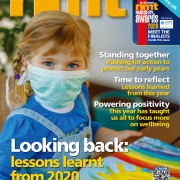 Edx Education
Edx Education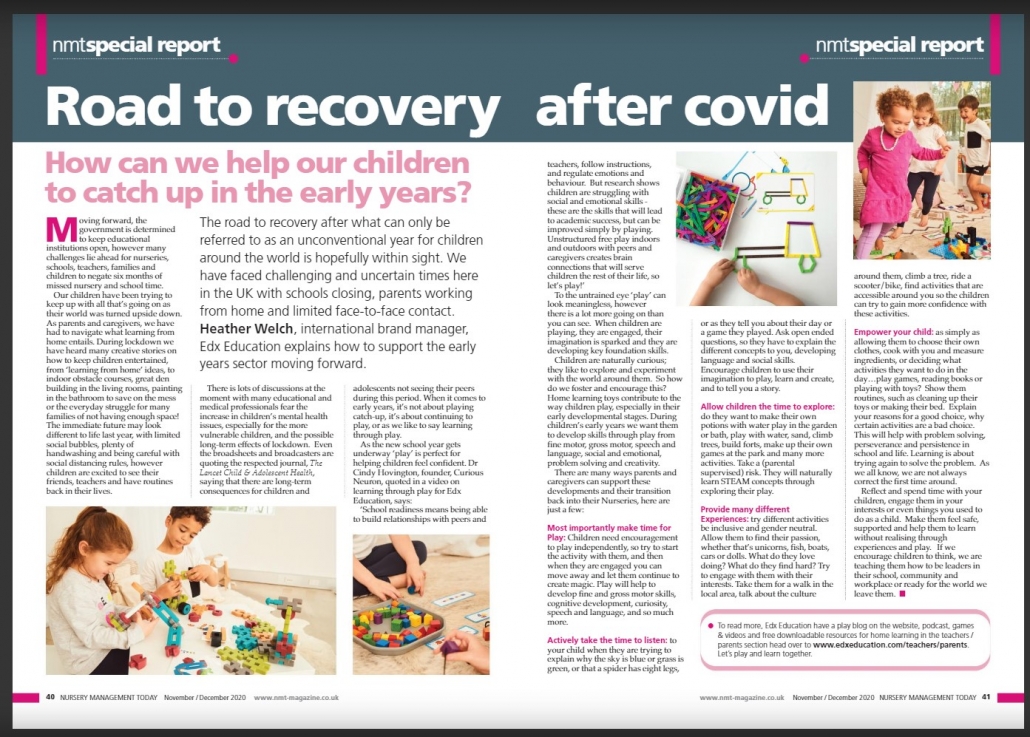
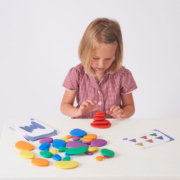 edx education
edx education 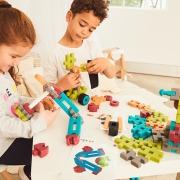 Edx Education
Edx Education 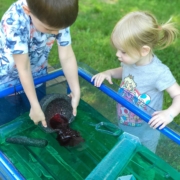 Edx Education
Edx Education 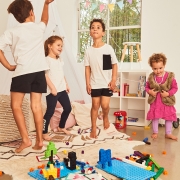 edx education
edx education  Edx Education
Edx Education 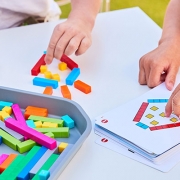
 edx education
edx education Edx Education
Edx Education